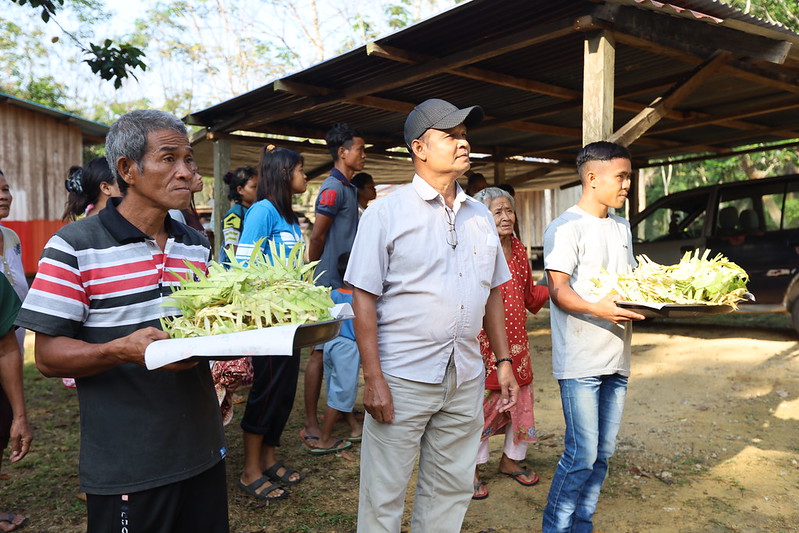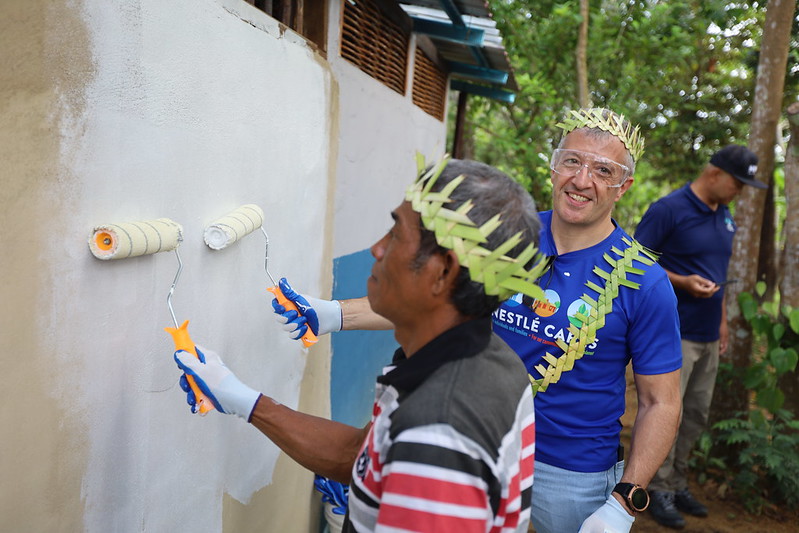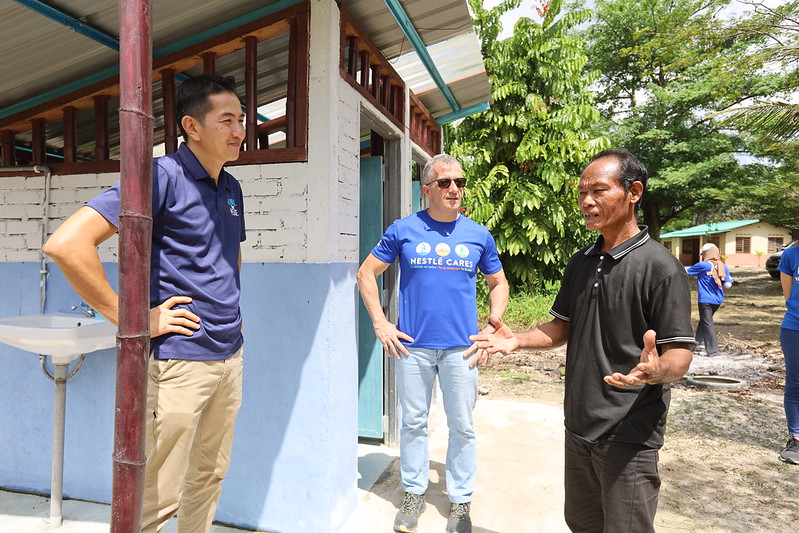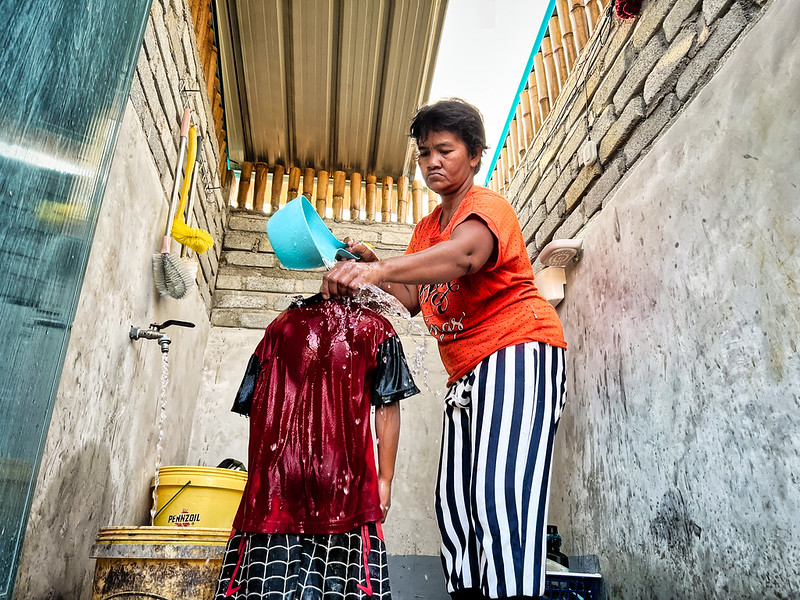Did you know that 53% of Orang Asli communities have no access to clean drinking water? Without clean water, many families also lack access to proper sanitation facilities. This not only compromises the health, safety and dignity of families, but also traps them in a cycle of water poverty.


Since 2018, Global Peace has partnered with Nestlé Malaysia to address this challenge by ensuring that Orang Asli families have access to clean water and proper sanitation facilities. We ensure that water is safe for drinking and cooking by introducing an effective filtration system for each household. This not only improves the health of families but also reduces their burden of collecting water multiple times a day.
Additionally, we also supported the villagers in building proper washroom facilities in their villages. With functioning washrooms, villagers no longer have to walk to nearby fields at night or in the rain to defecate in private.
With access to clean water and proper sanitation facilities, families that previously lacked access to these basic needs are now able to live with privacy, dignity and safety.


Today, we are proud to celebrate 6 years of collaboration with Nestlé Malaysia! Through the Safe Water, Safe Communities programme, we have impacted 691 Orang Asli families across Pahang, Perak and Negeri Sembilan!
A Day of Celebration
Last month, our team were honoured to welcome the CEO of Nestlé Malaysia, Juan Aranols , Executive Director, Dato Adnan Pawanteh, and the Nestlé team, as they made their journey to Muadzam Shah, Pahang to visit two Orang Asli villages– Kg. Rantau Panjang and Kg. Jenit.



With excitement lingering in the air, the Nestlé team arrived and were warmly greeted by the villagers, who welcomed them with trays of traditional hand-woven headdress (tembok) and sash. After a brief introduction, the Nestlé team were ready to get to work! Armed with brushes and paint, the team rolled up their sleeves and began painting the newly-built washroom together with the villagers.
By working together, the unfinished walls of the washroom quickly transformed into vibrant shades of white and blue. After the painting session, the Nestlé team continued to spend quality time getting to know the villagers and engaged in a series of activities that ranged from a hand washing session with the children to harvesting cassava in the village farm.





An Inspiration for All: Pak Jeleta
During the visit, the Nestlé team also had the pleasure to meet Pak Jeleta, an elder villager from Kg. Jenit. A man in his late 50s, Pak Jeleta remains committed to improving the conditions of his village and has helped to build a number of washrooms in his village.
Although it was a challenge to source for local materials such as rotan, as the forest surrounding Kg. Jenit has diminished significantly due to deforestation for palm oil, Pak Jeleta did not give up. Determined to incorporate their cultural identity and traditional craftsmanship into the washroom, Pak Jeleta worked tirelessly around the clock, from sourcing for scarce materials in the forest to building the washroom from scratch.


Although we support the villagers in every step of the construction of their washroom, many of them have shown great ownership and dedication through the difficult and challenging construction process. Working under the hot sun, many villagers worked relentlessly together to build washrooms that their family can safely use.
A toilet is not just a toilet. It encompasses different aspects of daily life; dignity, health and safety.


Prior to having washrooms, Orang Asli villagers would have to brave the open forest, in the dark and during stormy nights just to defecate. Now, they are able to safely use the washrooms day or night, rain or shine, to defecate, bathe and do their laundry– easing the burdens of their every life.
We would like to express a big thank you to Nestlé Malaysia for partnering with us on this meaningful and impactful programme. Through the Safe Water, Safe Communities programme, many Orang Asli families now have access to clean water and proper sanitation facilities. Together, we can help break the cycle of water poverty, disease and hardship.
Watch our video on how we break the cycle of water and sanitation poverty:
Written by:
Lauren Chew






